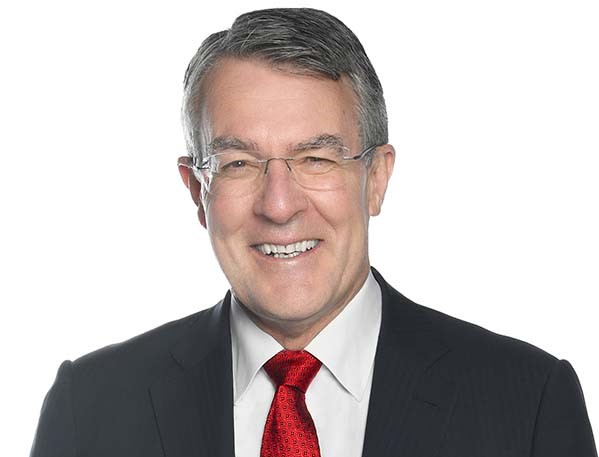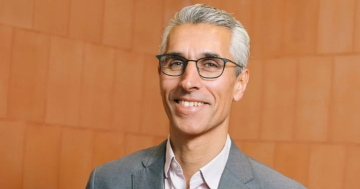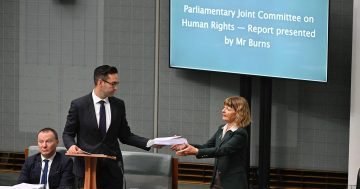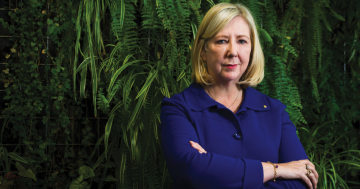
Attorney-General Mark Dreyfus: AHRC’s accreditation should never have been put under threat. Photo: ALP.
Appointments to the Australian Human Rights Commission will have to be made through a merit-based and transparent process, under new laws introduced to Parliament.
Attorney-General Mark Dreyfus said the Albanese Labor Government had acted to restore the international reputation of the AHRC and repair government’s relationship with the commission.
The commission has endured funding cuts and the handpicking of commissioners by previous Coalition governments in breach of international principles.
The combination of the two had led to an international review of the commission this year which threatened its status.
Mr Drefus said in March this year the AHRC had its re-accreditation as an ‘A’-status National Human Rights Institution deferred due to successive Coalition governments appointing commissioners with no consultation or transparency.
“The downgrading of the AHRC would damage Australia’s international reputation,” he said. “It is yet another damning indictment of the former government and a direct reflection on its nine years of constant attacks on the commission’s independence.”
Mr Dreyfus said the AHRC’s accreditation should never have been put under threat.
“I’m proud that my first bill as Attorney-General in the Albanese Labor Government delivers on our election promise to ensure all future appointments to the Australian Human Rights Commission are made through a merit-based and transparent process,” he said.
“This is all part of the Albanese Government’s commitment to restore transparency and integrity to government.”
Mr Dreyfus said an independent Human Rights Commission was fundamental to Australia’s human rights agenda – internationally and domestically.
“The Albanese Labor Government strongly supports the work of the Australian Human Rights Commission and is committed to restoring its international reputation,” he said.
The new government will also need to restore funding for the commission in October’s Budget if it is to do its job properly.
The last Coalition Budget in March cut about $12 million from the commission over the next four years, when it was already underfunded and warning that it would need to reduce staff by about a third.
This was crippling its ability to advocate, educate, and monitor Australia’s human rights performance, as well as investigate an increasing number of complaints.
Former Australian Human Rights Commission president Gillian Triggs had a volatile relationship with Coalition governments, particularly after the commission released a report criticising the treatment of children in immigration detention.
As she left office, Ms Triggs called the government “ideologically opposed to human rights”.




















